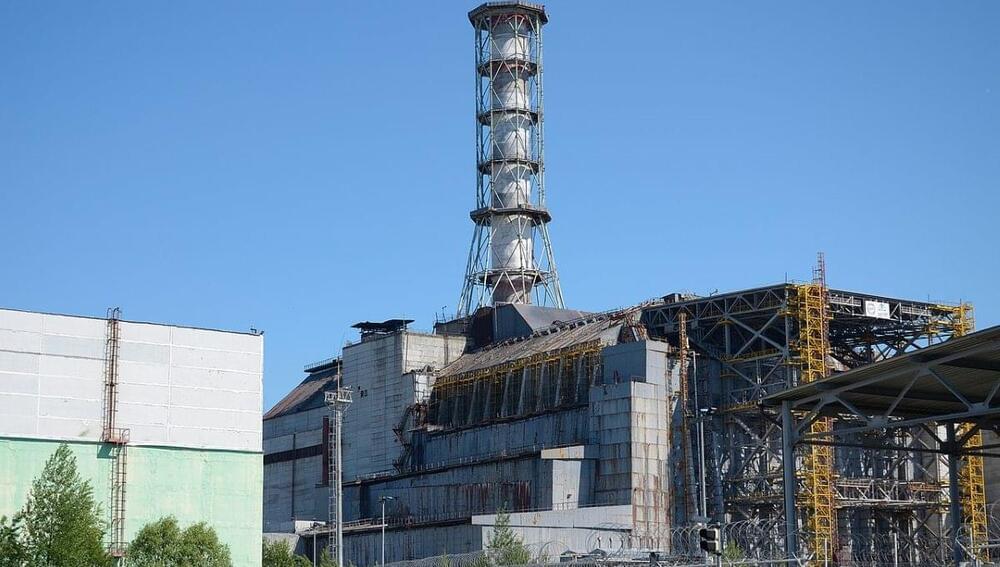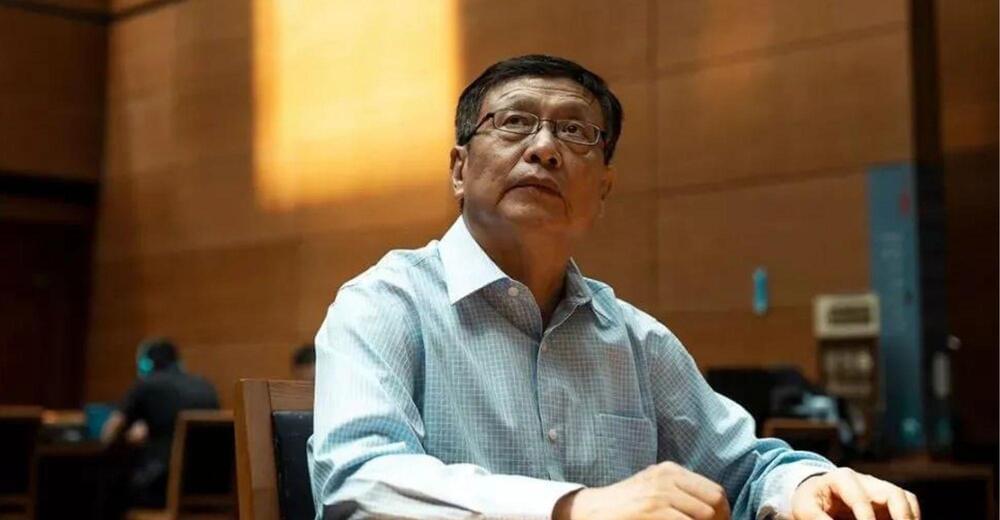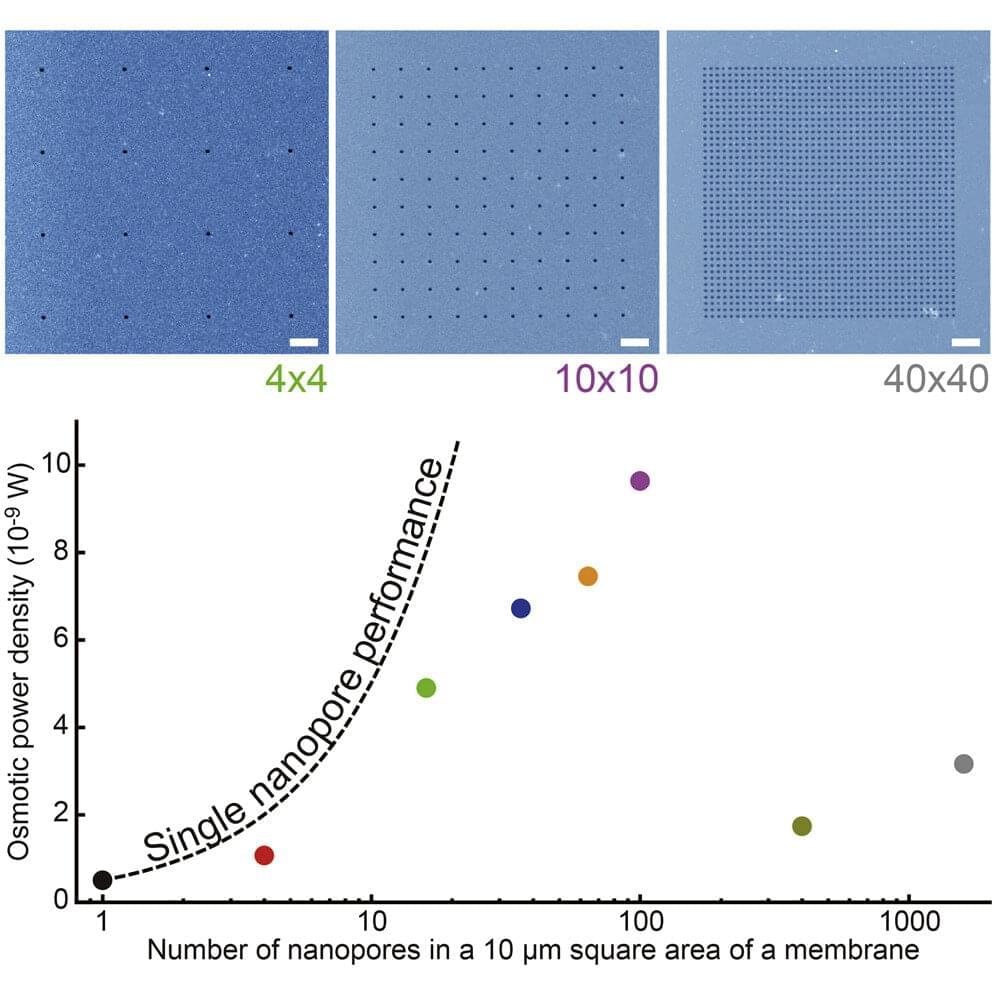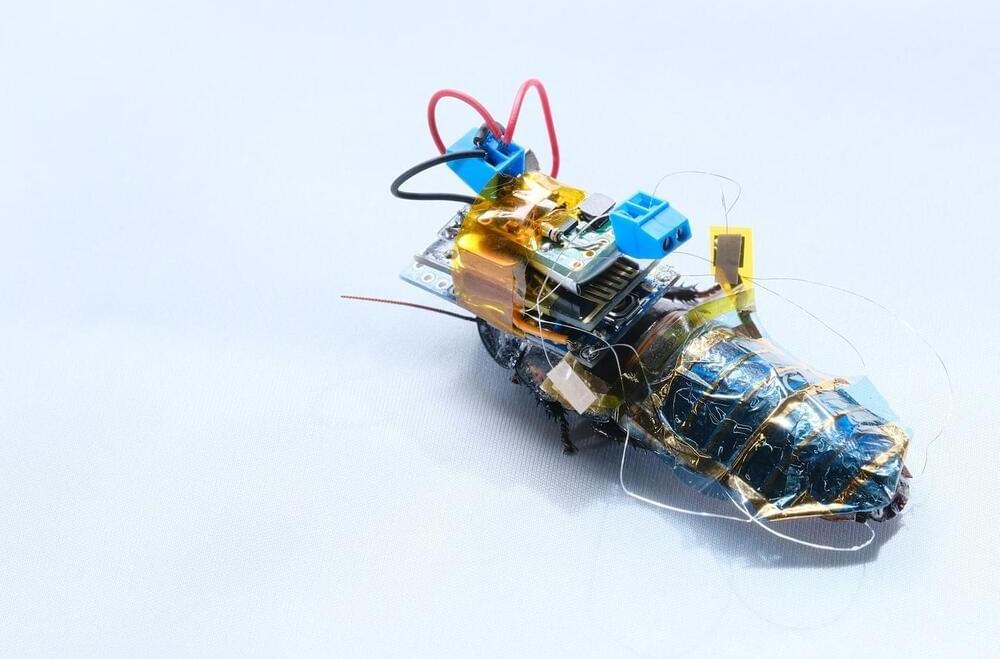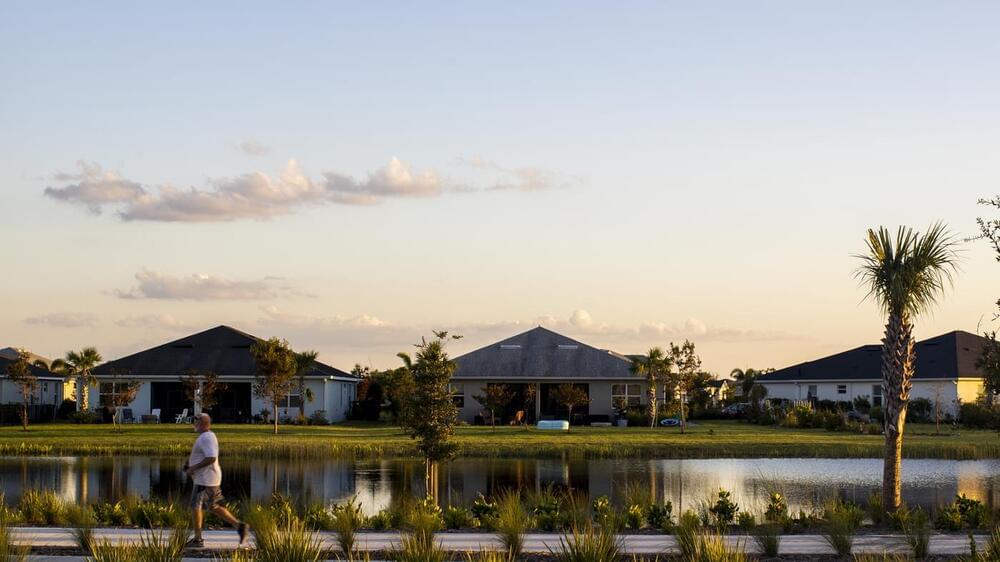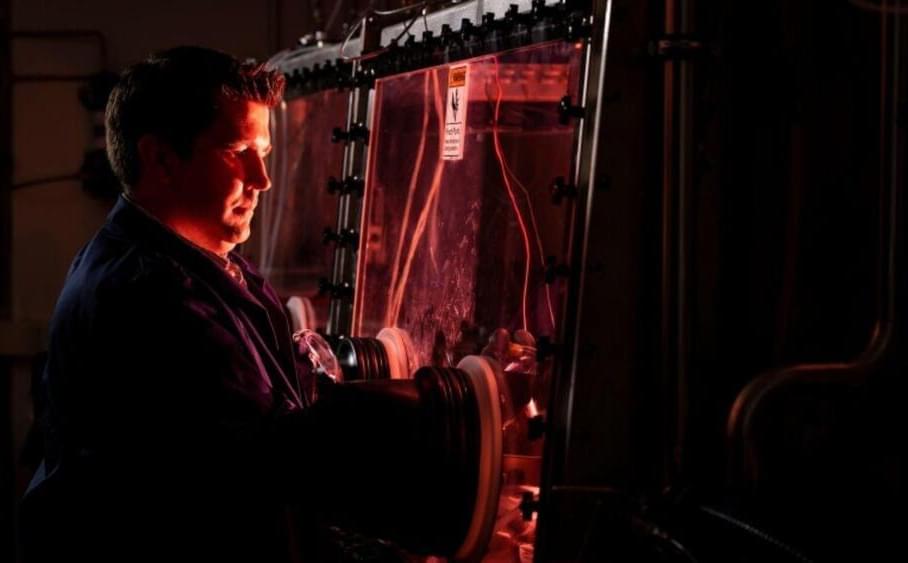Oct 19, 2022
As turbulence ramps up, Xsolla solutions unlock new strategies for game developers
Posted by Kelvin Dafiaghor in categories: business, climatology, economics, entertainment
This GB Live News is in partnership with VB Lab funded by Xsolla.
Video games have always been resilient, even in an increasingly volatile geopolitical climate. Long-time game players are fiercely loyal, and enthusiastic new gamers keep pouring into the market, says Chris Hewish, president of Xsolla. In the first half of 2022 alone, more than 651 deals were announced or closed, for a value of $107 billion. But in a fiercely competitive market, clouded by less economic certainy, studios and indie developers are exploring an increasing number of ways to reach the audiences.
“Game companies do need to look at how their business models can function in a macroeconomic climate, heading into a recession,” he added. “Capital is going to become tighter. If you have a business model based upon growth over profitability, it’s going to be harder to find fuel for that growth. Readjusting to focus on profitability is probably one of the biggest things game companies can do right now, if they haven’t already, to weather the storm in a macro sense. But the opportunity with players and the number of people playing and spending, that’s still looking good.”

